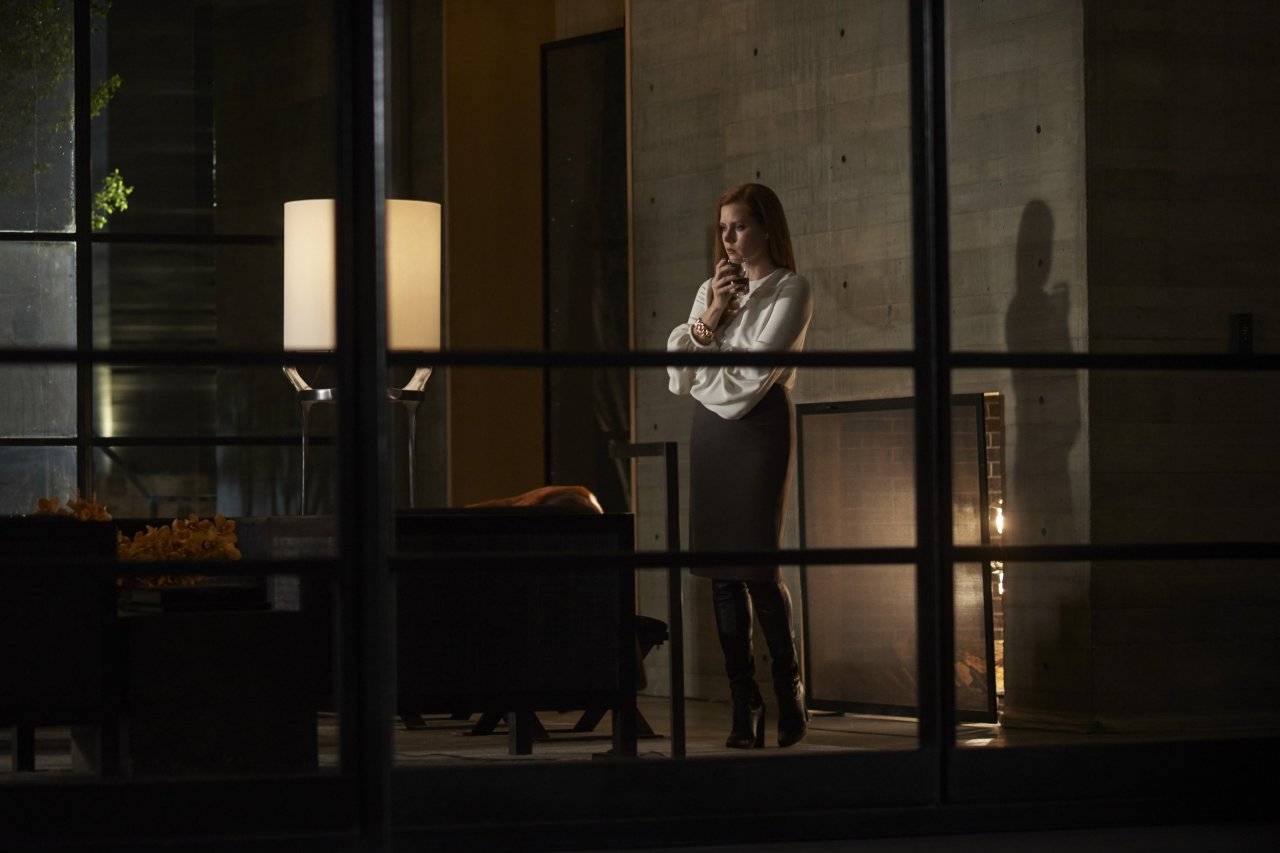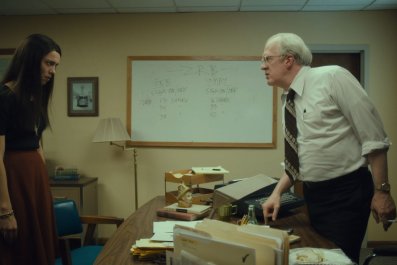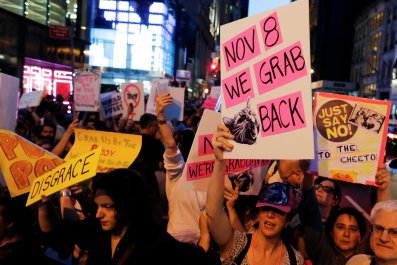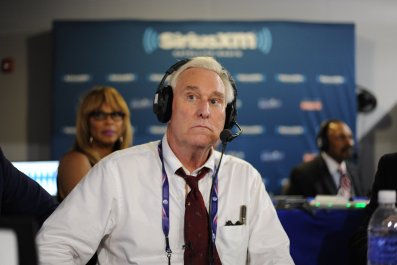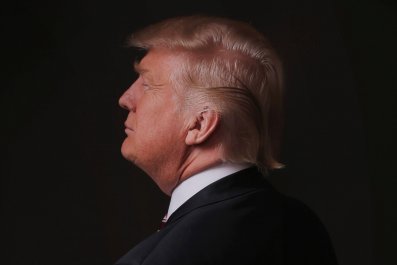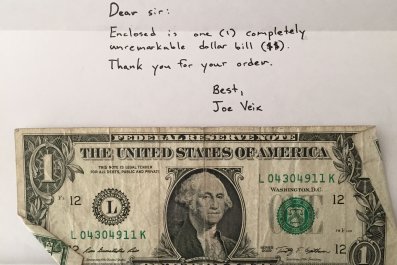Tom Ford has sent his second SOS from within the citadel of fashion. From whom or what does he need rescuing? Perhaps the thing that's most detrimental to Ford's health as an artist, as well as the thing that gets him out of bed in the morning: his perfectionism. There was barely a frame of his first film, A Single Man (2009), starring Colin Firth as a gay English professor mourning his dead lover, that didn't feel embalmed in its own amber-tinted beauty. The film ached, but its emotions felt like photo ops—everything just so. Exiting the cinema, you wanted to shout, splash puddles, paint with mud, anything except examine the flawless crease in Firth's pants for signs of the mussed soul within.
In Nocturnal Animals, Ford has had the good sense to flush his own fusspot aestheticism out into the open. The film, which plays like a stylish piece of self-torment, stars Amy Adams as Susan, a sleek, successful owner of a Los Angeles gallery whose huge glass-and-steel apartment looks untouched by human hands and whose marriage to a handsome broker (Armie Hammer) is scarcely any warmer. Susan's most recent installation—which her husband doesn't bother to attend—features a video series of a group of garishly made-up, overweight majorettes who cavort like Lynchian whores, in pointed rebuke to the glassy perfection of Susan's world. There, Ford seems to say. Put them on the cover of Vogue.
A package lands on Susan's kitchen counter containing a novel written by the ex-husband she hasn't spoken to in nearly 20 years. Dramatized by Ford as a movie within a movie, it tells the story of a Texas man, Tony (Jake Gyllenhaal), on a road trip with his wife and teenage daughter (Isla Fisher and Ellie Bamber). When they fall foul of a bunch of rednecks on a deserted highway, the math is methodically worked out: There are just three assailants and no guns in sight, but Gyllenhaal is still outmanned and can only watch, horrified, as both his wife and daughter are driven off into the night. The whole sequence plays like one of those superior yuppie-in-peril movies from the early 1980s, Jonathan Demme's Something Wild, say, or David Lynch's Blue Velvet. All of the violence and sexual energy repressed in Susan's world is made manifest: a control freak's vision of lost control.
The novel, it soon becomes clear, is a roman à clef about the disintegration of her first marriage. Just out of college, Susan briefly sought to escape her wealthy family by marrying the struggling bohemian Edward (also Gyllenhaal), only to betray him and leave his artistic impulses in the dust. He ceded all control; she gained far too much. To further make the point, Ford goes in for an extensive visual rhyme scheme—matching shots of Gyllenhaal and Adams unwinding in the bath or cutting from a pair of fictional corpses on a sofa to their real-life equivalents, asleep. But such flourishes feel like mere ornamentation, an obsessive-compulsive advert for artistry rather than the thing itself. Arranging a pair of corpses on a blood-red sofa adds nothing to the horror of the image; rather, the finickiness of the art direction tames it. It's an ugly sight. Why not let it be ugly?
Because Ford cannot help himself is why. Like many compulsive stylists, he doesn't trust the meaning of his movie to spring up of its own accord or in defiance of his own meticulous plan for it. You notice it most with the performances he gets. Adams was the best thing in David O. Russell's American Hustle, all fake fur and disco moves, but here she retreats behind enameled poise, glassy-eyed in her pain; not even a scene in which she scrapes her face of its makeup—that old standby for psychological vérité—sets her free. I don't think I've ever seen a chillier date scene than the one she shares with Gyllenhaal. Only Michael Shannon truly flourishes, as a laconic Texan lawmaker who turns the other way while Gyllenhaal, in the boxed fictional narrative, follows his bloodlust. "I look into things around here," he says, his delivery so deadpan it seems to have slipped the noose of the drama entirely and headed South into Coenland.
Of these three characters, Ford might be more like Susan than he'd care to admit: The guilty success story who chose worldly ascent over youthful bohemianism, now wondering if there is any chance of redemption. The first hour of Nocturnal Animals throbs with sick power, but the second turns limp with self-indictment, as it slowly becomes clear there's no reason for Edward to have sent Susan the manuscript other than vengeance. Thematically, this thins out the plot. As he circles back to her for a final possible confrontation, the film, which began with a vision of a truly terrifying road at night, ends up just another guilt trip.
Nocturnal Animals's worldwide release begins November 4.



